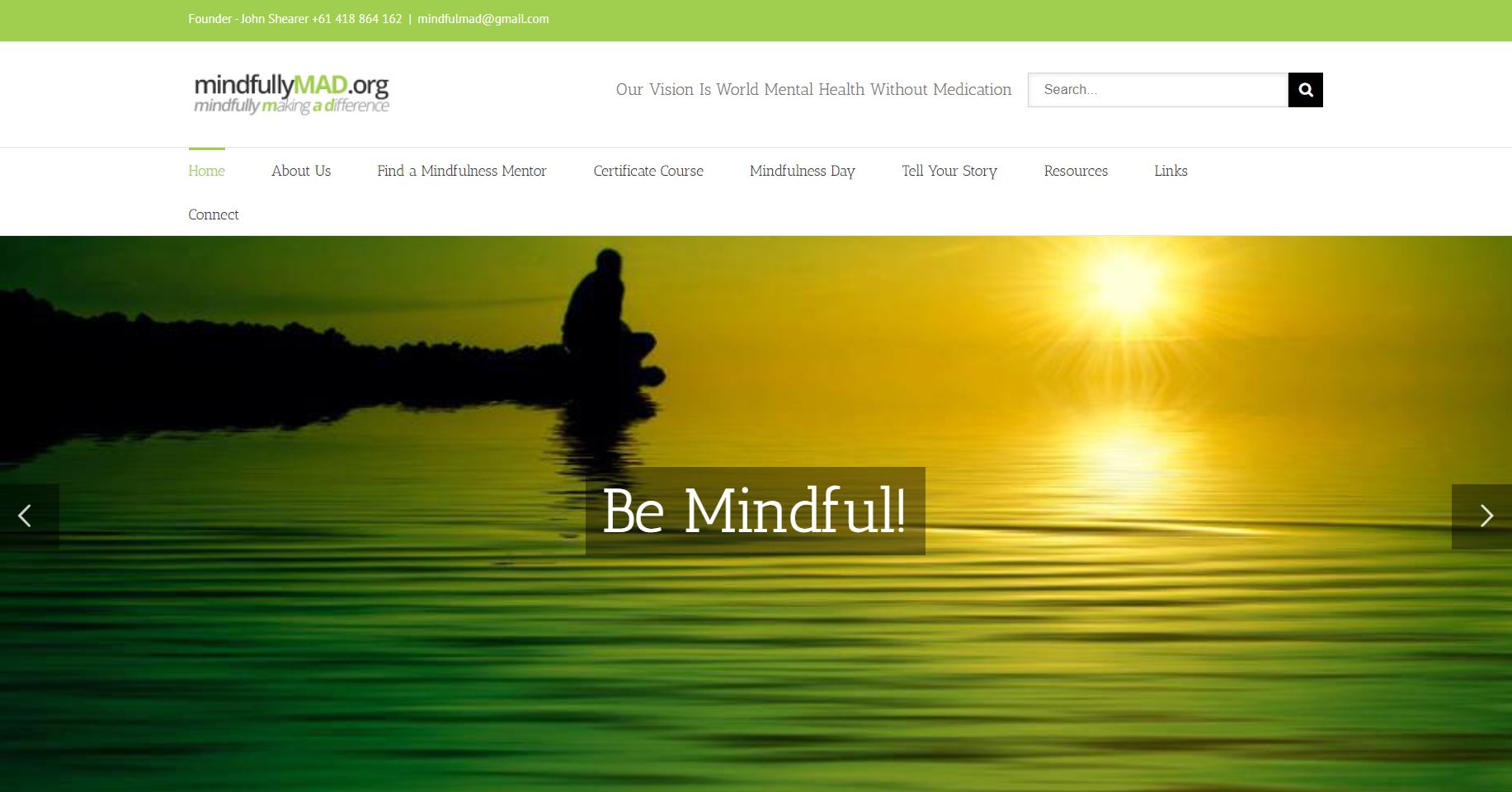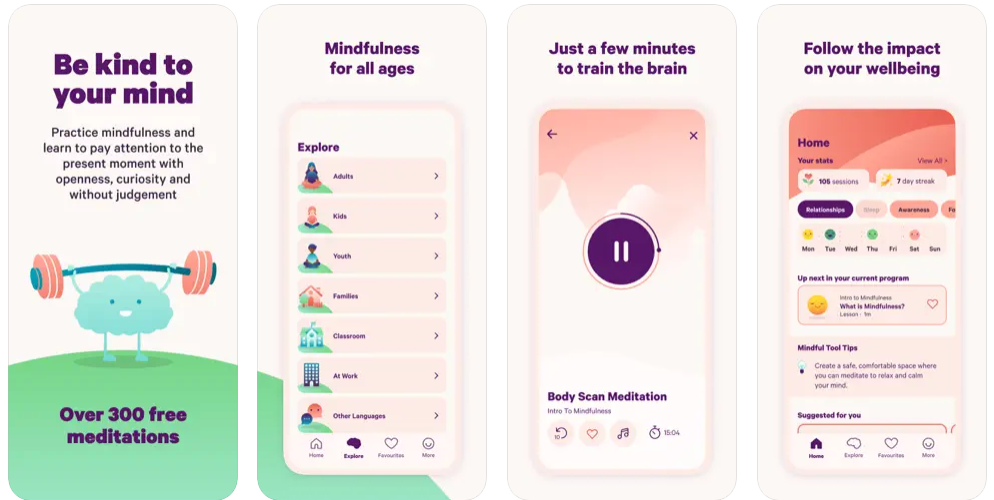Overview
Mindfulness is the practice of being aware and fully present in the moment, without getting caught up in your thoughts or feelings. It involves being open and curious about experiences, even if they are difficult or unpleasant.
“One thing is certain… mindfulness is not easy, but it is simple. It doesn’t come naturally, that is why it requires much practice. It’s not about relaxing. Mindfulness just means noticing what’s happening, including the things we find difficult. It doesn’t involve listening to panpipes to escape our worries. It isn’t a meditation practice. Mindfulness is a practice for the whole of life. It’s about finding a different way to respond to experience throughout our day.” – John Shearer
The benefits of Mindful practice
Mindfulness can improve both your physical and mental well-being with the list of potential health benefits including:
- improving quality of sleep
- reducing pain
- lowering blood pressure and reducing stress
- building and improving relationships
- reducing experiences of anxiety and depression
- improving attention and memory
- reducing substance abuse and addictive behaviours
- developing and improving self-acceptance and self-compassion
- building genuine confidence and a resilient mindset
Mindfulness and Mental Health
Research suggests that practicing mindfulness can have a positive impact on your mental health and wellbeing. It can help you to pay attention to what is happening in the present moment and has been shown to be assist with symptoms of stress, anxiety, depression and addiction.
There are different ways to begin practicing mindfulness. You may choose to attend a group session, meet one-on-one with a mindfulness coach or read books dedicated to the practice.
Mindfulness can involve short breathing exercises, body scans where attention is focused on and moves slowly through each part of the body, and guided meditation.
By practicing mindfulness, you can become more present in the moment, more aware of your thoughts and listen to the signals your body is giving you.
Next Steps
If you are new to mindfulness, here are a few tips to help you take that next step and get started:
Start with shorter sessions
Dedicating just a few minutes per day is a good way to start. This can be increased gradually you become more comfortable with your practice.
Choosing the right environment
Finding a quiet and comfortable place where you can sit or lay comfortably without distractions can be helpful.
Making it a habit
Incorporate mindfulness into your daily activities. You don’t have to limit your mindful practice to attending meditation classes. Practicing being fully present in everyday activities like eating and walking can help get you into a routine.
Seek guidance if needed
Consider joining a mindfulness group or taking a mindfulness course. Receiving guidance from someone who is experienced in the practice can be helpful.
Download an App
Apps like the Smiling Mind – Meditation App offer beginner meditation sessions and other features to help you with your mindful practice.
Final tips from a Mindfulness Coach
“Get started! Be Mindful-Pause-Connect.” – John Shearer



